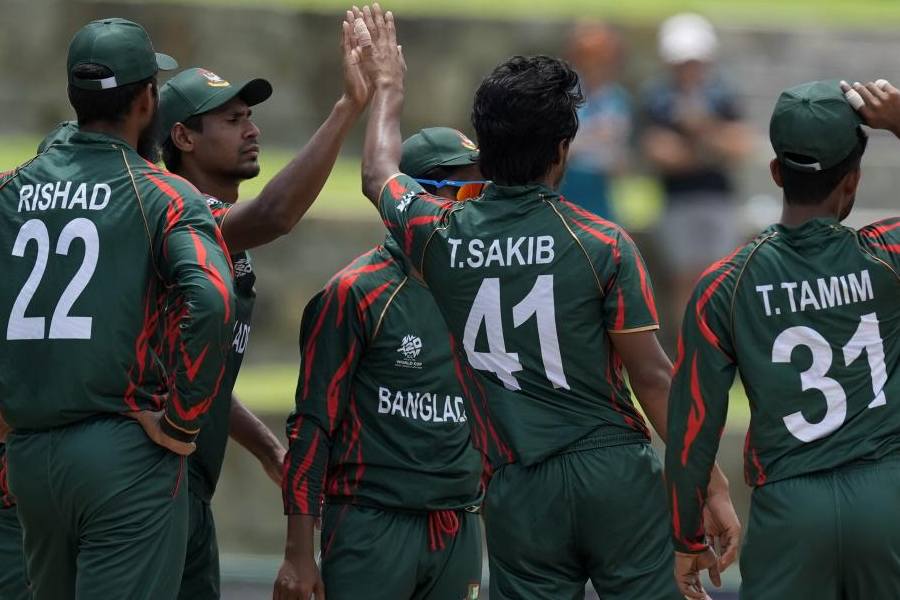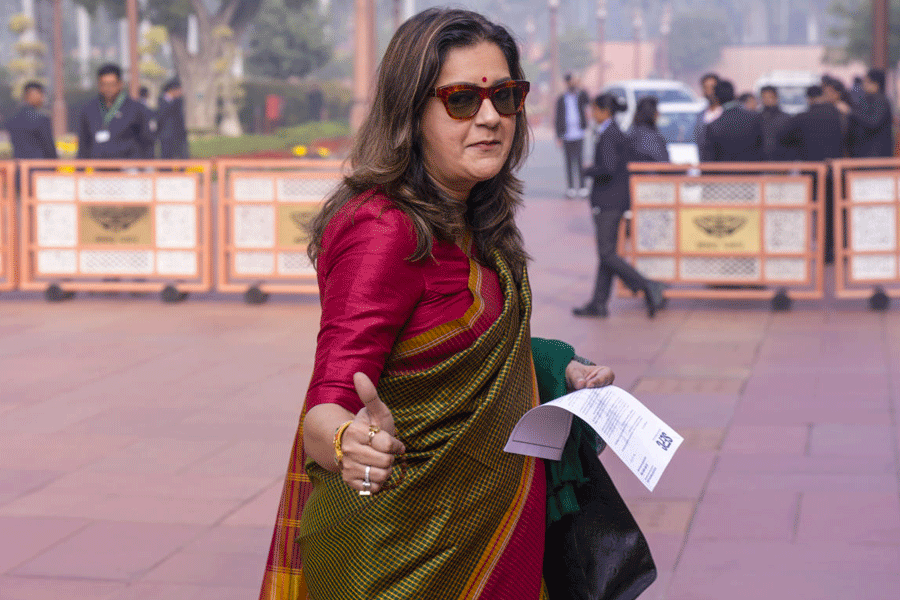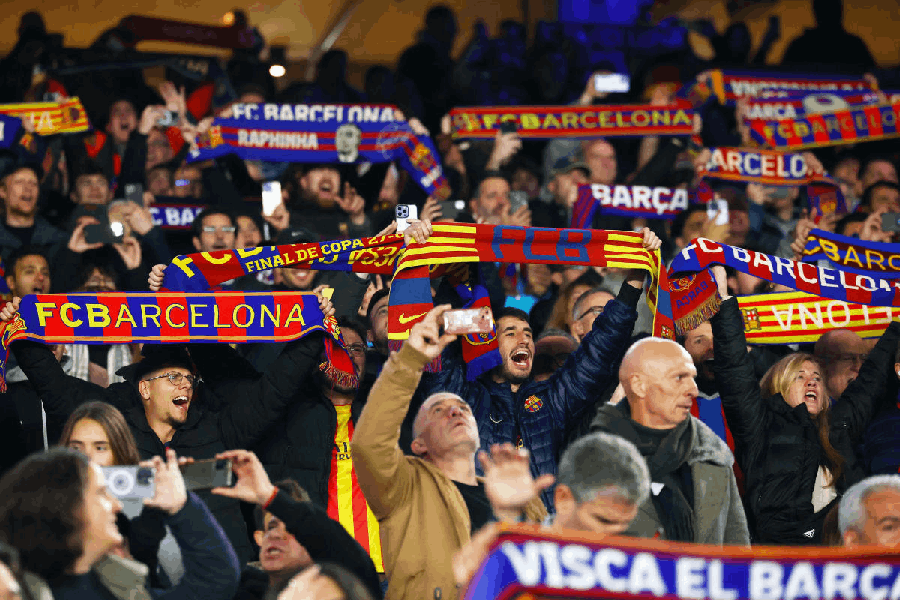Former National Human Rights Commission monitor for minorities and spearhead of peace initiative Karwan-e-Mohabbat, Harsh Mander, has advocated the need for a community support system for the families of the victims of the Dhola killings.
Mander said the state and society have to ensure they are also provided financial security. He also called for a reparation model instead of monetary compensation for the victims’ families, especially for widows and young girls.
The Karwan-e-Mohabbat (Caravan of Love) team comprising Mander, journalist-turned-peace activist John Dayal and Barpeta-based independent social researcher Abdul Kalam Azad met the families of the five men who were shot dead by suspected Ulfa (Independent) militants in this village near Dhola-Sadiya bridge in Tinsukia district on November 1.
The team, besides offering solace and emotional support to the family members, said they have a commitment to evaluate and assess what can be done for them.
“Wherever we go, it is never a parachute visit. We have a commitment to evaluate what can be done for the victims’ families here. What we have observed while interacting with the families is that we have to create a local community support system with trained and informed people. Then we have to help them deal with their grief and loss. There are widows and young girls who have lost their loved ones and their fear can be assuaged by trained care workers,” Mander said.
The team also said the monetary compensation of Rs 5 lakh offered to the families is not a permanent solution, especially when survivors are single women and widows. “When a lump sum is given all at once, it creates more vulnerabilities for women, especially widows. There could be pressure on her to extract the money as we have seen in a large number of cases. We need to think of financial support on a monthly basis rather than a one-time grant,” he said.
The Karwan-e-Mohabbat initiative began in September 2017 after several cases of hate crimes and lynching were reported across the country.
It set out from Nagaon in Assam on September 4 and concluded its journey on October 2 in Porbandar, the birthplace of Mahatma Gandhi.
During that phase, the team travelled to eight states meeting families of hate crime victims. This was the team’s third visit to Assam and its 24th journey across 13 states in the last 15 months.
The Karwan-e-Mohabbat team’s previous visit to Assam was in October this year to meet people excluded from the National Register of Citizens and also families of those who allegedly committed suicide over exclusion from the final draft NRC.











